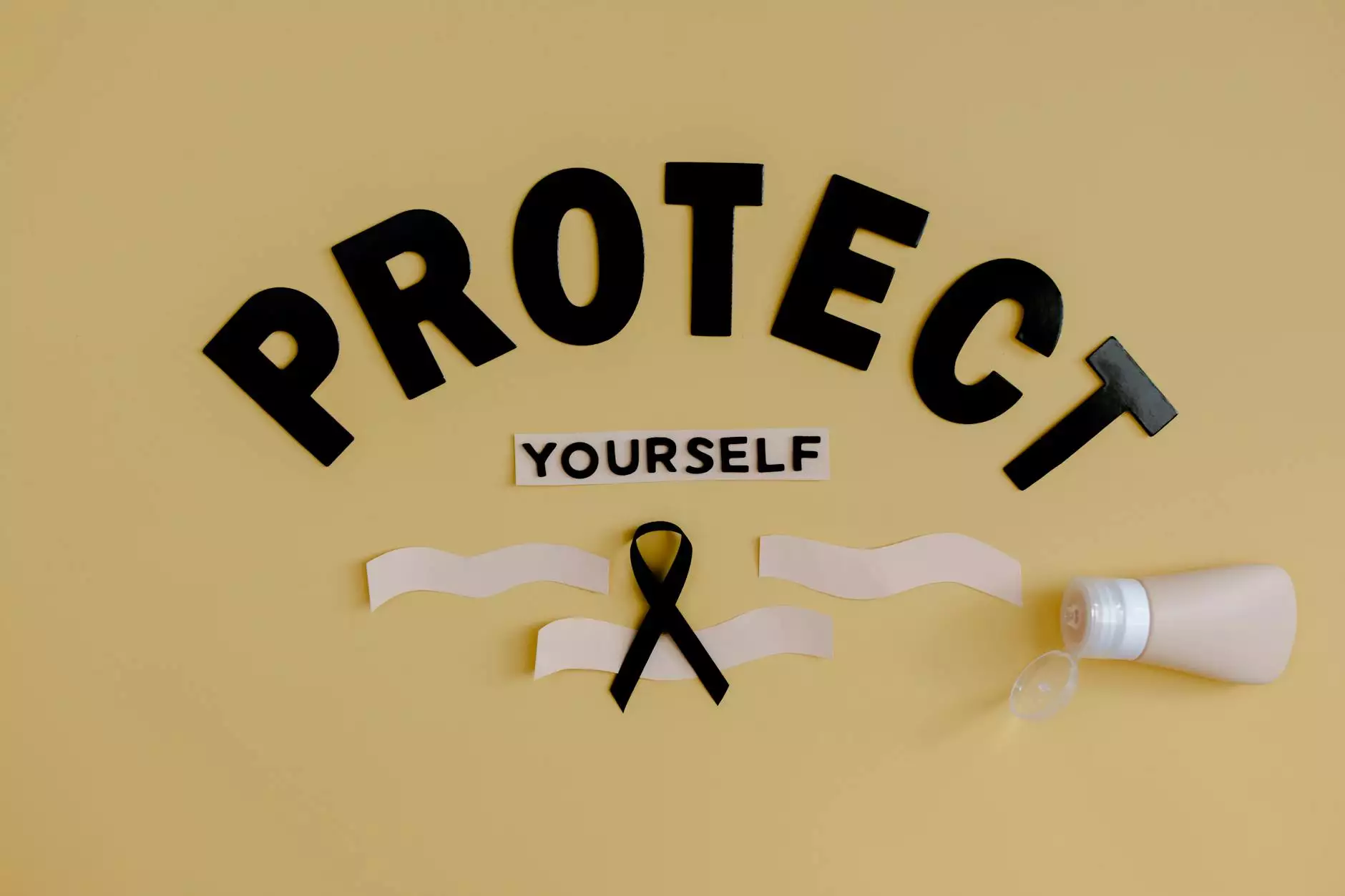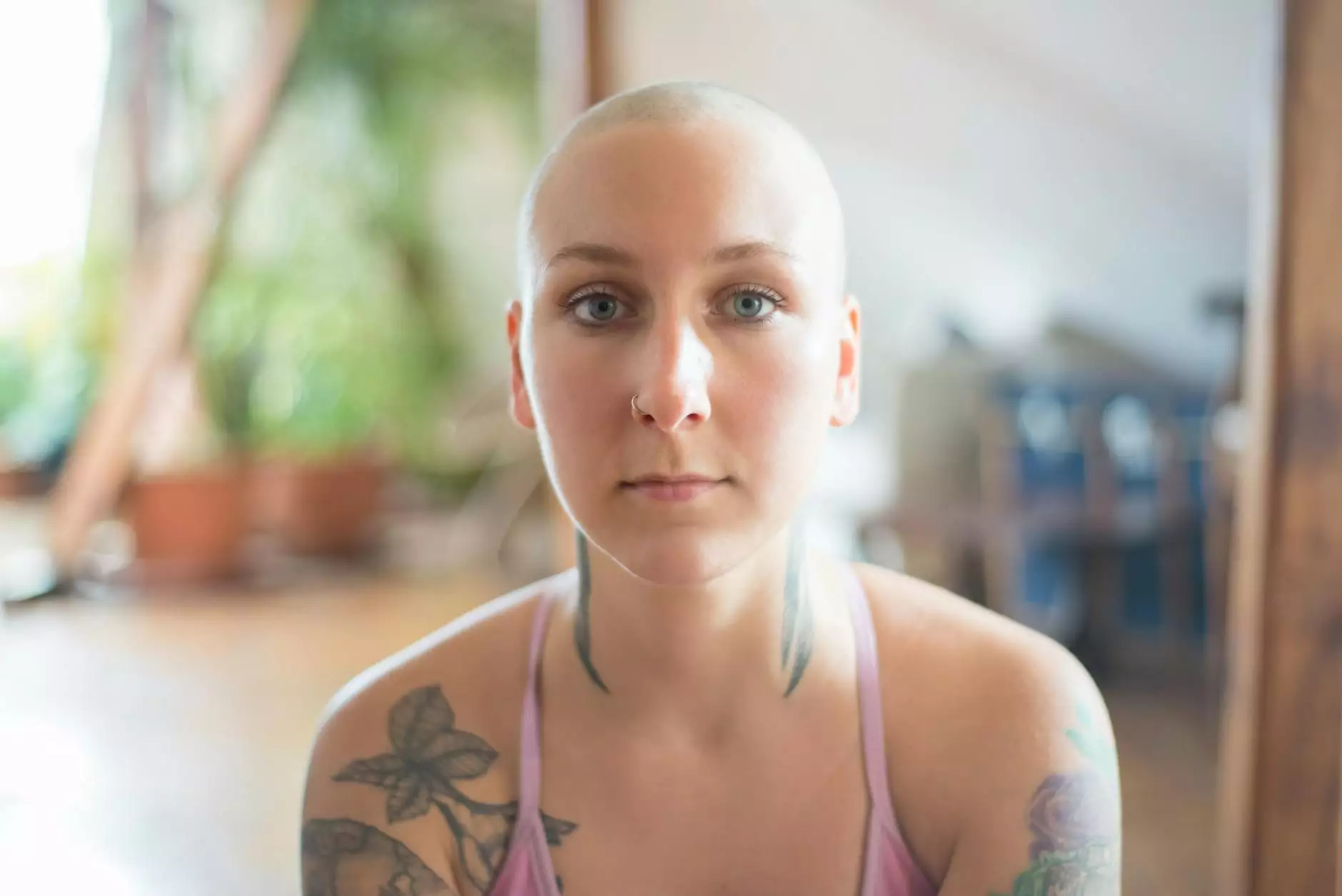Protect Yourself From Skin Cancer And Melanoma
Cancer Treatment Team
Welcome to Sibel Blau, your trusted source of information for all things related to health and wellness. In this comprehensive guide, we will provide you with valuable insights and practical tips on how to protect yourself from skin cancer and melanoma. Our mission is to empower you with the knowledge and resources needed to maintain a healthy lifestyle.
The Rising Concern of Skin Cancer and Melanoma
Skin cancer and melanoma pose significant health risks around the world. As the most commonly diagnosed cancer, skin cancer affects millions of individuals each year. It is crucial to understand the causes, prevention methods, and early detection techniques to safeguard your skin health.
Understanding Skin Cancer and Melanoma
Skin cancer is a condition that develops when abnormal skin cells grow uncontrollably. Melanoma, a type of skin cancer, originates in the pigment-producing cells known as melanocytes. Melanoma is particularly dangerous due to its potential to metastasize and spread to other parts of the body. Therefore, it is essential to prioritize sun protection and maintain regular skin screenings.
Prevention and Protection
Prevention and protection are key in reducing the risk of developing skin cancer and melanoma. Implementing these strategies can help ensure that you are taking proactive steps to protect your skin:
- Apply and Reapply Sunscreen: Make sunscreen a part of your daily routine, even on cloudy days. Choose a broad-spectrum sunscreen with an SPF of 30 or higher and reapply every two hours, or more frequently if sweating or swimming.
- Seek Shade: Limit your time in direct sunlight, especially during peak hours when the sun's rays are the strongest. Seek shade under umbrellas, trees, or wear protective clothing.
- Wear Protective Clothing: Opt for long sleeves, pants, and wide-brimmed hats when exposed to the sun. Consider sun-protective clothing specially designed to block harmful UV rays.
- Use Sunglasses: Protect your eyes from the harmful effects of UV radiation by wearing sunglasses with proper UV protection.
Early Detection and Regular Check-ups
Early detection plays a crucial role in the successful treatment of skin cancer and melanoma. Regular skin screenings and self-examinations are vital tools for early detection. Here are important steps to follow:
- Self-Examinations: Familiarize yourself with your skin and regularly check for any changes in moles, birthmarks, or growths. Look for any new or changing skin lesions, including changes in color, size, shape, or texture.
- Professional Skin Screenings: Schedule regular check-ups with a dermatologist or healthcare professional experienced in identifying skin cancer and melanoma. They can provide expert advice and perform thorough examinations and necessary tests.
- Know the ABCDEs of Melanoma: Be aware of the warning signs for melanoma using the ABCDE rule: Asymmetry, Border irregularity, Color variation, Diameter larger than a pencil eraser, and Evolution or changes over time.
Skin Cancer and Melanoma Risk Factors
Understanding the risk factors associated with skin cancer and melanoma can help you make informed decisions and reduce your risk. While anyone can develop skin cancer, certain factors increase susceptibility:
- Ultraviolet (UV) Radiation Exposure: Prolonged exposure to UV radiation from the sun or tanning beds significantly increases the risk of developing skin cancer and melanoma.
- Fair Skin: Individuals with fair skin, light hair, and light eyes are generally more prone to sun damage and skin cancers.
- Family History: A family history of skin cancer or melanoma increases the likelihood of developing the condition.
- Age: The risk of skin cancer and melanoma increases with age, especially in individuals over 50.
- Immunosuppression: Individuals with weakened immune systems, such as organ transplant recipients or those with certain medical conditions, have an increased risk of developing skin cancer.
Conclusion
Protecting yourself from skin cancer and melanoma starts with being knowledgeable about the risks, prevention methods, and early detection techniques. By incorporating sun protection into your daily routine, conducting regular self-examinations, and scheduling professional check-ups, you can take proactive steps towards maintaining healthy skin. Remember, your skin's health is a reflection of your overall well-being. Prioritize your health and well-being today!










